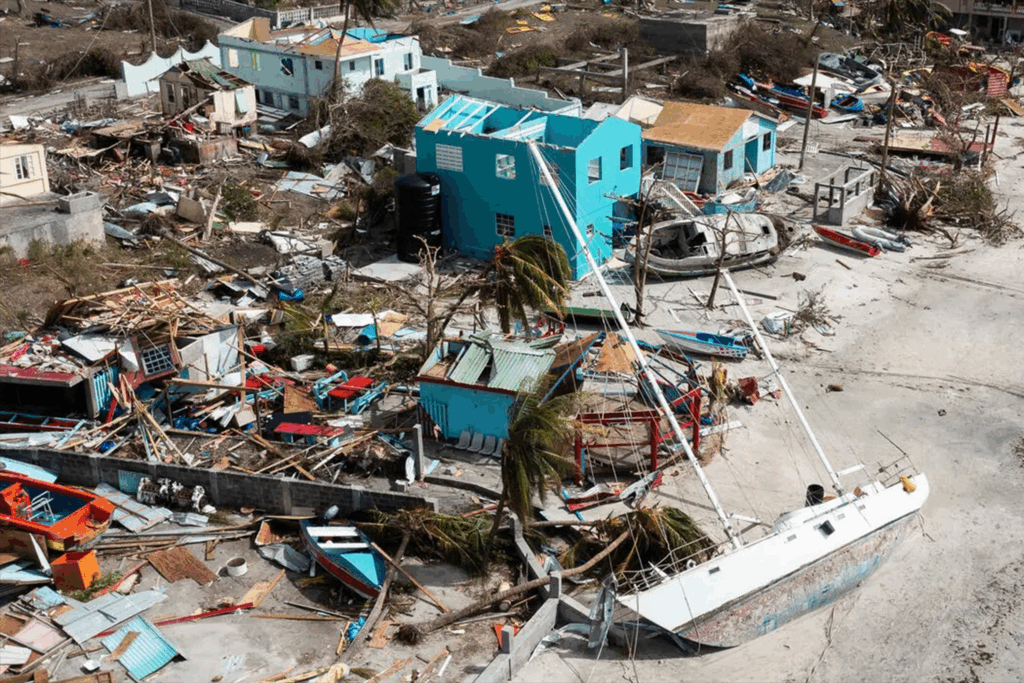When hurricanes devastate the Caribbean, the path to recovery extends far beyond rebuilding homes and infrastructure. It hinges on the ability of farmers to replace lost livestock, fishers to access damaged docks, market vendors to preserve perishable goods, and tourism workers to endure prolonged hotel closures. These individuals are the backbone of local economies, ensuring food security and the flow of goods. Yet, they are often the last to receive aid when disasters strike. While governments and traditional insurance systems play a role, they frequently fall short in addressing the urgent, small-scale needs of vulnerable communities. Governments focus on large-scale recovery efforts, such as restoring power grids and roads, but struggle to address individual needs like replacing a farmer’s contaminated well or a fisher’s equipment. Private insurers, meanwhile, cater primarily to businesses with formal assets, leaving informal workers—such as farmers without land titles or vendors without registered stalls—unprotected. This gap is where meso-level Climate and Disaster Risk Finance and Insurance (CDRFI) steps in. By connecting government resources, private insurance, and community organizations, CDRFI creates a collaborative system that delivers faster, fairer, and more localized support. Community institutions like cooperatives and NGOs act as direct links to vulnerable populations, leveraging their trust and local knowledge to distribute financial tools such as parametric insurance and community savings funds. Governments and private insurers provide broader financial backing, ensuring sustainability. This integrated approach not only protects livelihoods but also reduces strain on national budgets. Research by the Caribbean Policy Development Centre (CPDC) reveals that 79% of organizations serving vulnerable workers lack disaster response budgets, leaving them stranded during crises. Meso-level CDRFI empowers these organizations to access resources, deliver aid directly, and accelerate recovery. Beyond financial support, this model fosters trust, transparency, and local decision-making, essential for long-term resilience. As climate risks escalate, the Caribbean must adopt solutions tailored to its unique challenges. Meso-level CDRFI offers a promising pathway to connect informal workers with broader resources, ensuring a smarter, more resilient future for the region.
